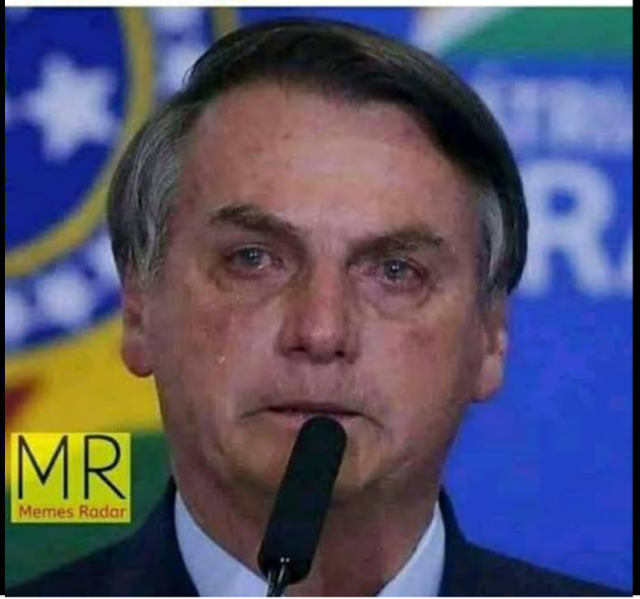The Kremlin's dirty war against Italy

How would you feel if the Italian embassy in your country was suddenly plastered with posters depicting your prime minister as an enemy of the people? In Italy, this has just happened -- except that the prime minister depicted as a monster is Matteo Renzi, and the state that has been waging this strange war against one of Europe’s founding countries, Italy, is Russia.
How has Russia been spreading fake news in Italy?
Italian senator Elisabetta Casellati, who also chairs parliamentary committee on defense and intelligence, said Monday she had written to her Russian counterpart asking how Moscow has been supporting some Italian media outlets. She is specifically interested in an Italian-language website that presents itself as run by journalists but is widely considered to be linked to Russia. I'm wondering whether there have been any other actions or plans for actions, Casellati added.
How do we know it’s true?
Many Italians have apparently been asking that same question. In a momentous decision, the Italian parliament is launching an investigation into a systemic, long-term disinformation campaign by Russian media outlets, who have been working hard to denigrate and vilify people who oppose Vladimir Putin’s regime. The probe could force journalists and editors responsible for spreading propaganda to appear before parliament as early as next year.
What are the sources?
Since 2016, a disinformation campaign against Italy has been in full swing. Thousands of trolls disseminate fake news and conspiracy theories to denigrate the country’s political leaders, including former Prime Minister Matteo Renzi and Deputy Prime Minister Luigi Di Maio of the Five Star Movement (M5S), who currently heads an anti-establishment coalition that won 35 percent of votes in March 2018 elections.
Why did this happen now?
Recent polls show Putin’s approval rating to be hovering in the 50 percent range; his lowest since his election in 2012. He might not even make it through another term. While it’s clear that a lot of Russians are unhappy with Putin, there are plenty of reasons to believe these numbers aren’t fully representative of national sentiment. For example, Russia bans almost all major independent polling organizations, so many Russians feel uncomfortable telling pollsters they support Putin.
What is going on in Italian politics right now?
The Kremlin is waging a disinformation campaign aimed at destabilizing Italian politics, according to an inquiry published by leading Italian newspaper Corriere della Serra. The inquiry alleges that a network of Russian individuals and organizations has used fake news, propaganda campaigns, and other methods to gain influence in Italian politics. They’ve targeted both far-right and far-left political parties with these tactics, but they’ve also targeted center-right parties.
What can people in other countries learn from all thisnthis?
Countries across Europe are bracing for a fight with Russian President Vladimir Putin. He wants to destabilize Western democracies and hurt NATO, so he’s pushing fake news campaigns intended to drive wedge issues and support anti-EU, anti-NATO populist parties. But some countries in Europe are better prepared than others to counter his propaganda. Italy is one of them. And its strategy just might be a blueprint for others looking to push back against an information war being waged against them.
conclusion
Rome has been fighting off Russian disinformation campaigns since at least 2016, when several Italian newspapers published articles stating that 9.1 million Italians had signed a petition to secede from Europe and form their own country in order to protect Italian culture and traditions. The petition was a false story created by Russian outlets, but it was shared widely on social media thanks to bots and fake accounts. Russia has long used disinformation campaigns as an active measure during international conflicts.